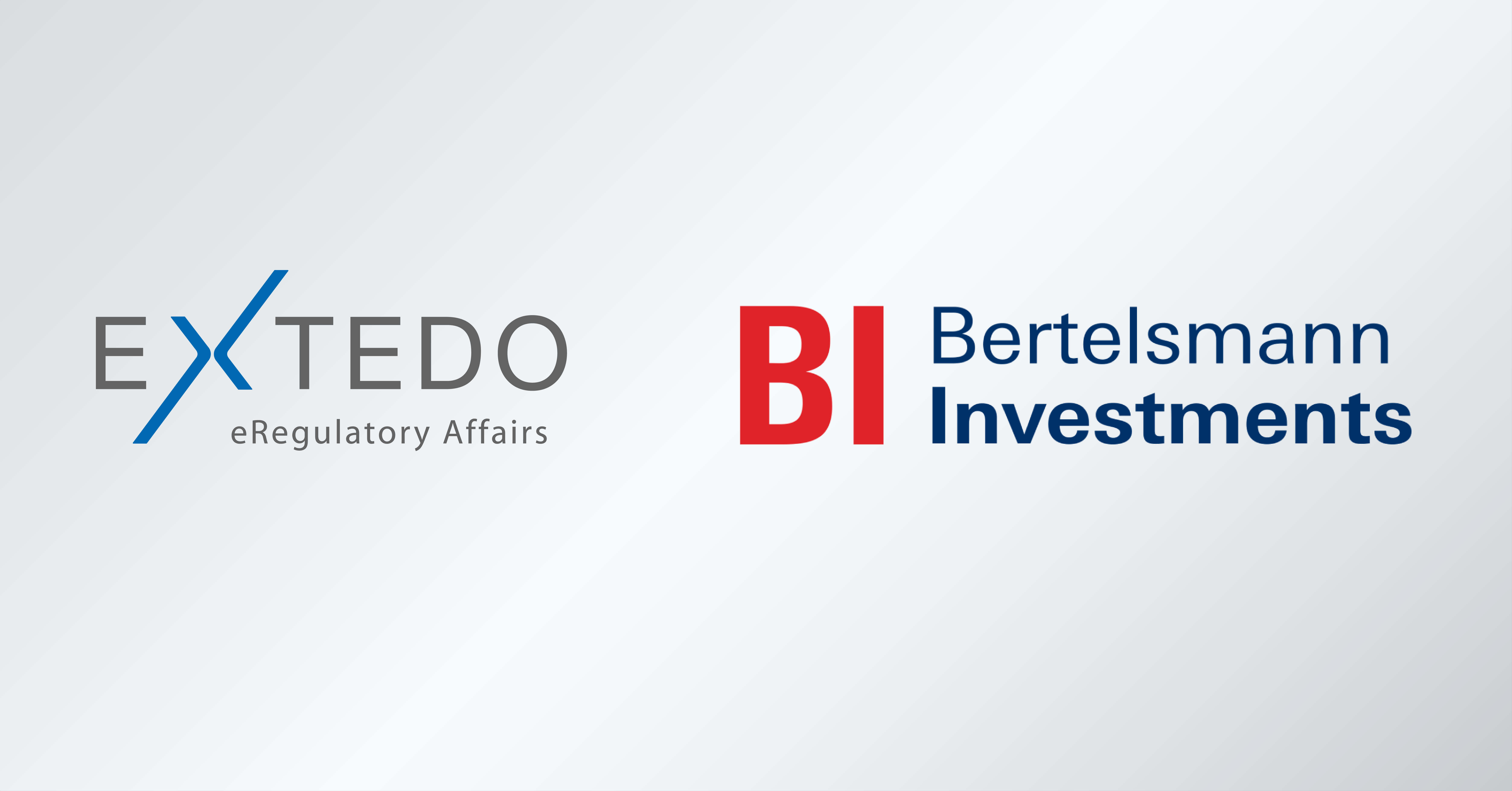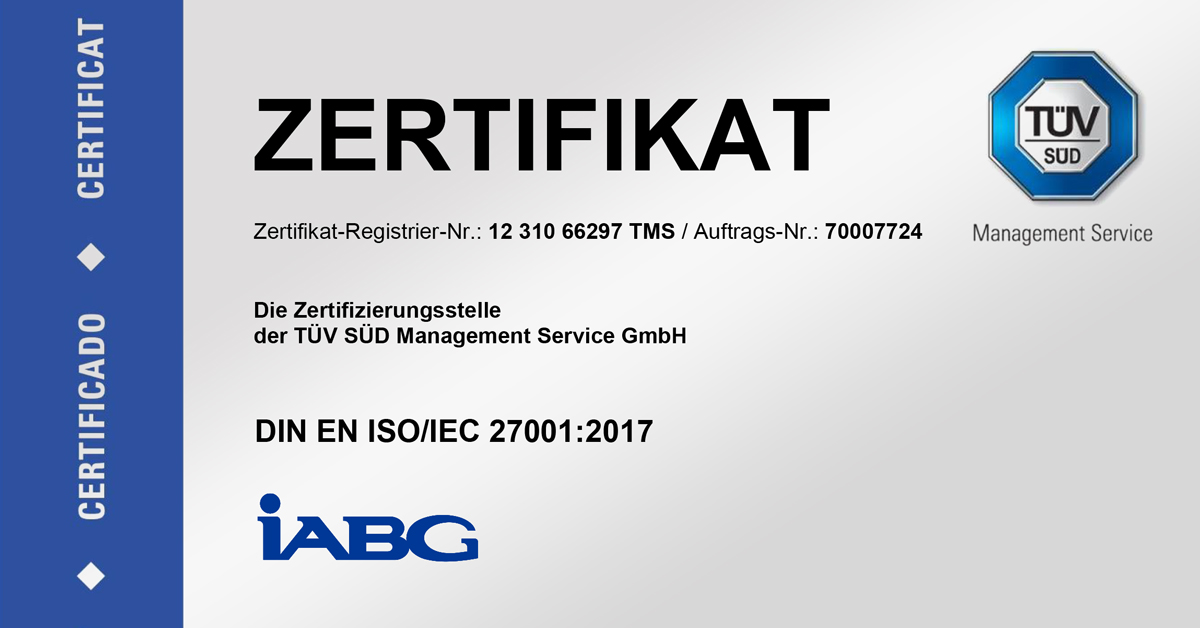This project is set to be a real showcase. In 2003, the state capital Munich decided that it would no longer use Microsoft as the software for its some 14,000 PCs, announcing instead, as a majority decision, its intention to switch over to what is known as “open-source” software. One of the key reasons behind this move was the desire to abandon reliance on one single software manufacturer in favour of opening the way to more competition in the software market. Moreover, according to one expert report, open-source software would help to achieve better harmony with the overall strategic IT orientation of the state capital Munich.
By making this decision, Munich is taking on a pioneering role for public administration as such. It is the first project of this magnitude in a comparable environment. Those responsible are equally aware of both the keen public attention directed towards this project and the associated risks. For this reason, they have opted for external project controlling, and IABG has beaten the competition, landing this role as its own.
The first steps in the <link http: www.muenchen.de rathaus stadtverwaltung direktorium limux.html external-link-new-window externen link in neuem>LiMux roll-out have already been taken. Joint bidders Softcon and Gonicus emerged as victors of the Europe-wide invitation to tender for the development of a standard, city-wide, Linux-based workstation (basis client). In order to guarantee the success of the project, a second tender process was launched, as a result of which IABG was appointed external consultant charged with IT project controlling and risk management consultancy. IABG’s main task is to support the project management team of the city government, with a view to ensuring that project targets and results are achieved, while costs and deadlines are met. No easy task for an IT project of this magnitude (14,000 PCs), with the diversity of applications almost matching the number of computers.
IABG’s comprehensive expertise means that it shines in this area. Of particular advantage to the company are its many years of experience in the controlling of complex, large-scale IT projects, not to mention its skill - proven time and again - in dealing with politically delicate situations.
The company’s demonstrable product neutrality and independence from manufacturers, along with its considerable capital, mean that IABG as controller will be indisputably independent from the influence of any potential stakeholders. These factors will also allow the company to bring to light any uncomfortable or difficult issues that may have an impact on the success of the project with due promptness. This is a key prerequisite for putting project officers in a position to make necessary decisions and take front line measures in good time.
In this sense, the state capital Munich is something of a precursor - but it is not alone. The German Bundestag, various different Federal authorities such as the Federal Foreign Office and the Federal Office for Information Security (BSI), and the Austrian capital Vienna (<link http: www.heise.de suche external-link-new-window externen link in neuem>Wienux) have already given the go ahead for migration to Linux, and will be backing the use of open-source software.
- Business Fields
-
Automotive
- Automotive
-
-
Testing and fatigue strength
- Testing and fatigue strength
- Complete vehicles
- Vehicle bodies
- Chassis
- Engine & Powertrain
- Interiors
- Safeguarding mechatronic systems
- Advice on Test Programmes and Test Signals
- Prüfstandsbau
- Development Services
- Climatic Environmental Simulation
- Materials Testing and Failure Analysis
- Publications
-
Testing and fatigue strength
-
InfoCom
- InfoCom
-
- Shaping digitization securely
-
Cyber security
- Cyber security
- ISMS and risk analysis
- Technical IT security
- Cyber Defence
- BOS Digital Radio Network
- Industry 4.0 / Internet of Things
- Control and situation centres
- Satellite navigation - Satellite communication
- Safe City
- IT Public procurement management
- Government Agency Networks
-
Mobility • Energy
- Mobility • Energy
-
- Rail & track
- Sicheres Autonomes Fahren
- Testing and qualifying hydrogen technologies
- Construction of burst chambers
- Nuclear technology
-
Safeguarding of artificial intelligence (AI)
- Safeguarding of artificial intelligence (AI)
- The new DIN SPEC 92005
-
Engineering and Support of wind energy plants
- Engineering and Support of wind energy plants
- Technical computations and system simulation
-
Testing & qualification of wind energy plants
- Testing & qualification of wind energy plants
- Test stand construction and testing
- Testing and Fatigue Strength
- Materials Testing and Failure Analysis
-
Mobility services
- Mobility services
- Inductive energy transmission
- Environment & geodata service
-
Aeronautics
- Aeronautics
-
- Experimental testing
- Development of functional and system test benches
- Structural monitoring, inspection and analysis
- Functional Safety and Operational Safety
-
Provision of the test infrastructure
- Provision of the test infrastructure
- Our test halls and test sites
- Functional test benches
- References
- Publications
-
Space
- Space
-
- Mechanical Tests
- Space Simulation tests
-
Electromagnetic Tests
- Electromagnetic Tests
- Electromagnetic compatibility (EMC)
- Magnetic field measurement / Magnetic field simulation
- Infrastructure
- Engineering support
-
Management consulting
- Management consulting
- Programme Support
- Consulting on the implementation of management systems
- Project references
-
Defence & Security
- Defence & Security
-
- Domains
-
Services & solutions
- Services & solutions
- Capability Management
- Procurement support
- Services, operation & training
- Smart Tools
-
Expertise
- Expertise
- Integrated Logistics
- Life Cycle Cost Management
- IT-Security
- Survivability
- Vulnerability & effect on target
- Human factors & ergonomics
- Safety
- Systemic Analysis
- Security Policy
- Architecture & Process modelling
- Modelling & Simulation
- Intelligence, Surveillance & Reconnaissance (ISR)
- Systemt engineering AIR
- System engineering SPACE
- System engineering MARITIME
- Armament
- Sensor systems
- C4I systems
- Protection, Impact- and High Risk Testing
- Technology Roadmapping
- Innovation


